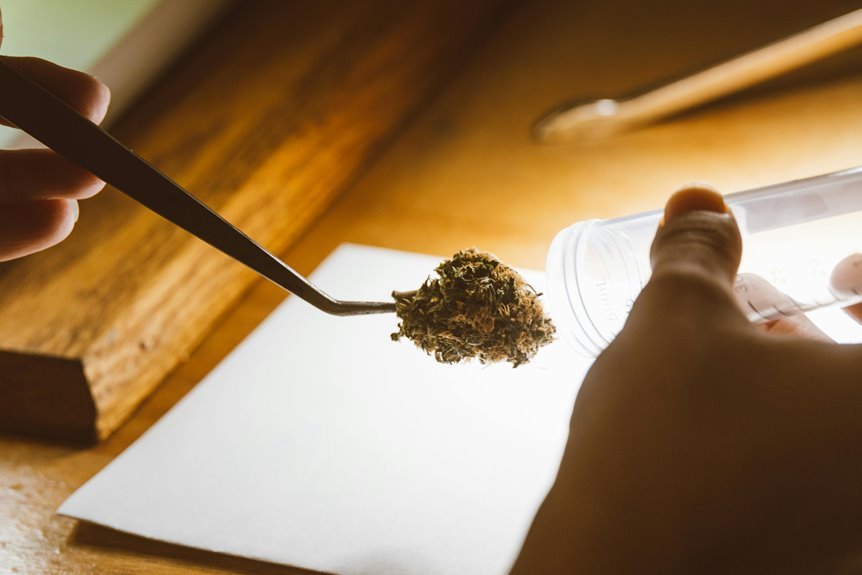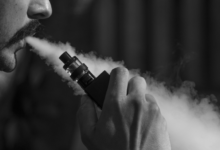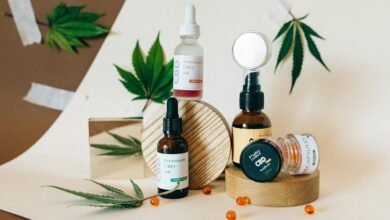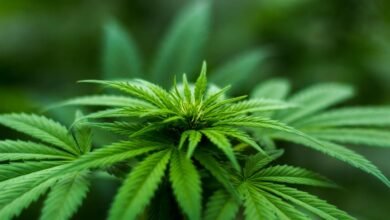Will Cbd Make Me Fail a Drug Test

The relationship between CBD use and drug testing is complex. Full-spectrum CBD products may contain trace amounts of THC, which could lead to a positive test result. In contrast, CBD isolate products lack THC, making them less risky. However, individual responses to CBD can vary significantly. Understanding these nuances is crucial for anyone concerned about passing a drug test. What factors should consumers consider before using CBD in such situations?
Understanding CBD and THC: The Key Differences
Cannabidiol (CBD) and tetrahydrocannabinol (THC) are both prominent compounds found in the cannabis plant, yet they exhibit distinct chemical properties and effects.
CBD benefits include potential therapeutic applications such as pain relief and anxiety reduction, while THC effects primarily involve psychoactive experiences and altered perception.
Understanding these differences is crucial for individuals seeking to navigate the complexities of cannabis use responsibly and informedly.
How Drug Tests Work: What They Screen For
Drug tests are designed to detect the presence of specific substances within an individual's system, focusing primarily on illicit drugs and their metabolites.
Various drug testing methods, such as urine, saliva, and hair tests, are employed to screen substances like THC, cocaine, and opiates.
Understanding these screening substances is crucial for individuals concerned about the implications of consuming products containing cannabinoids like CBD.
The Risk of Contamination: Full-Spectrum vs. Isolate Products
While many consumers seek out CBD products for their therapeutic benefits, the distinction between full-spectrum and isolate products carries significant implications for drug testing outcomes.
Full-spectrum products may pose full spectrum risks due to their potential THC content, increasing the likelihood of a positive drug test.
In contrast, isolate products offer benefits by providing pure CBD without THC, minimizing the risk of contamination.
Tips for Using CBD Safely in a Drug-Tested Environment
When navigating the complexities of using CBD in a drug-tested environment, individuals must adopt a cautious approach to mitigate the risk of failing a drug test.
Ensuring proper CBD dosage is critical; lower doses may reduce exposure to THC.
Additionally, thorough drug test preparation, including selecting CBD isolate products and checking third-party lab results, can further safeguard against unintended consequences.
Conclusion
In the intricate tapestry of CBD consumption, the potential for failing a drug test emerges as a poignant thread. While the allure of full-spectrum products may be tempting, the shadow of trace THC looms large. Conversely, CBD isolate offers a glimmer of hope for those navigating stringent testing environments. Ultimately, due diligence—through careful selection and rigorous dosage monitoring—can illuminate the path to safe CBD use, ensuring individuals remain on the right side of testing protocols.






